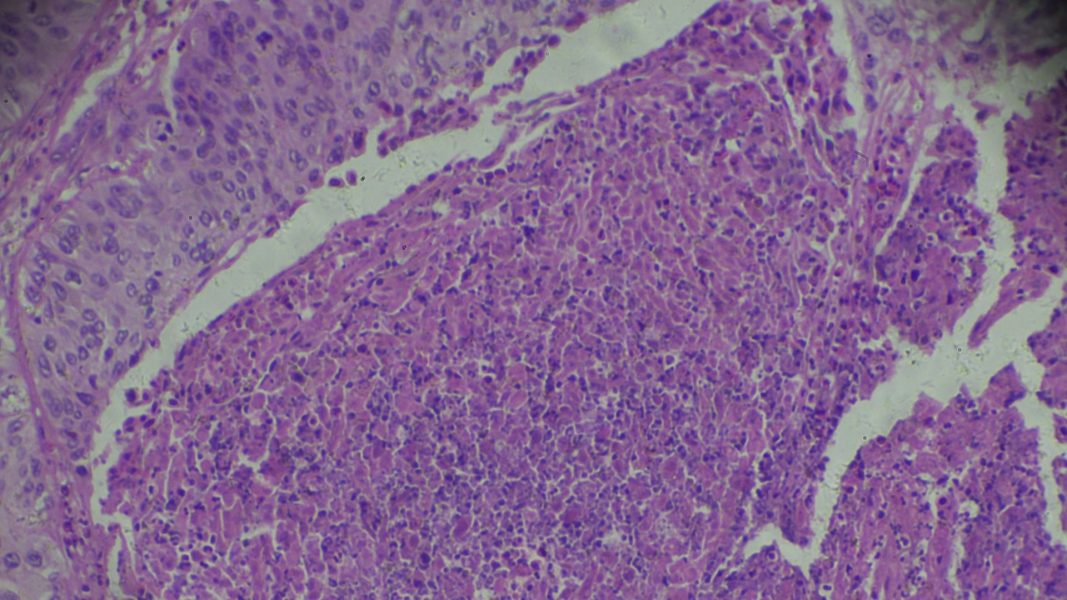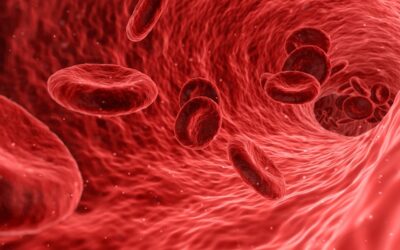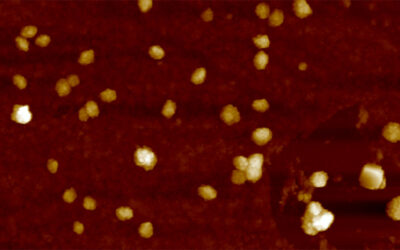Determining the status of cancer in patients generally requires surgical biopsy methods. A non-invasive alternative could be found in blood samples.
In Small, Dr. Cherlhyun Jeong from Korea Institute of Science and Technology (KIST), Professor Tae-Young Yoon from Seoul National University, Professor Ji-Ho Park from Korea Advanced Institute of Science and Technology (KAIST), and their co-workers develop a single-molecule immunolabeling and co-immunoprecipitation method to determine how the growth factors of two distinct extracellular vesicles (EVs) relate to the parent cell at a functional level.
A model protein, epidermal growth factor receptor (EGFR), was used to study the specific EVs, microvesicles, and exosomes.
Prof. Tae-Young Yoon: “After inducing lysis of purified EVs, we injected lysate into reaction chambers coated with a tagged antibody, which can then be observed with our single-molecule fluorescence microscope. We first used the single-molecule immunolabeling scheme to determine the EGFR expression levels, then by adding fluorescently-labeled signaling proteins, we determine the quantities of protein–protein interactions (PPIs) of EGFRs from the EVs and compared those quantities with those derived from original lung cancer cell.”
Prof. Ji-Ho Park: “This strategy revealed the EGFR PPI strengths of EVs closely correlated with the EGFR PPI strengths of the original parent cell, showing that the analysis of such oncoproteins may provide the desired information to design and prescribe better personalized medicines in the future.”
To find out more about this approach for the characterization of microvesicles and exosomes, please visit the Small homepage.

















